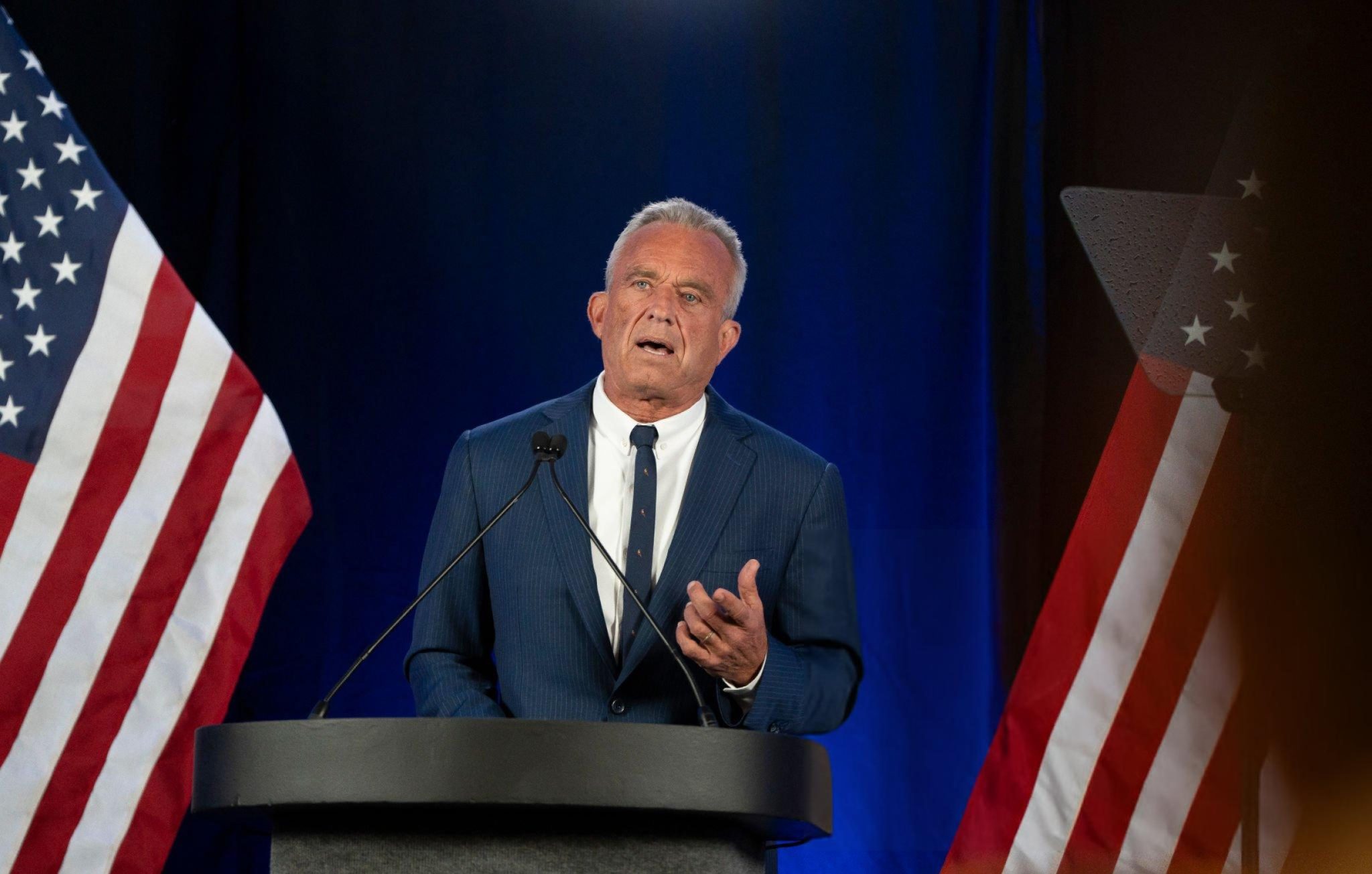By Political Correspondent | 4 April 2025
Some extraordinary news emerged from Texas this week—though not the sort that bodes well for public health. Measles, a disease supposedly eradicated in the United States 25 years ago, is making a triumphant comeback. Even more alarmingly, in some cases at Covenant Children’s Hospital in Lubbock, the virus now comes with an added bonus—liver poisoning caused by excessive Vitamin A intake.
The culprit? Enter Robert F. Kennedy Jr., the new U.S. Health Secretary, noted conspiracy theorist, and unwavering advocate for cod liver oil as a measles remedy. His appointment by the Trump administration has proved a boon for anti-vaxxers and a disaster for science-based policy.
The damage doesn’t stop there. On April Fool’s Day, Kennedy slashed 10,000 jobs from the Department of Health and Human Services (HHS), a move he framed as a necessary step towards “making America healthy again.” For Peter Marks, a senior vaccine official who resigned before he could be sacked, this was proof that his new boss had no interest in “truth and transparency” but instead sought “subservient confirmation of his misinformation and lies.”
If this all sounds disturbingly familiar, it should. History buffs may recognise shades of 1948, when the Soviet Union, under Stalin, declared genetics a “bourgeois lie” and embraced the pseudoscientific theories of Trofim Lysenko, a fraudster who claimed he could turn wheat into rye. Scientists who dared to contradict him were dismissed, imprisoned, or worse.
American scientists under Kennedy face no such dire consequences—yet. But their response is already clear. A recent poll by Nature magazine, conducted before the purge at HHS, found that 75 per cent of U.S. researchers were contemplating emigration. Their preferred destinations? Canada and Europe.
A golden opportunity for London
This mass exodus is undoubtedly a tragedy for American science. But for Britain, it presents an opportunity—one that is both morally right and strategically shrewd.
Imagine, for a moment, a British leader seizing the moment—perhaps the Prime Minister or the Mayor of London—extending an open invitation to America’s disillusioned scientists. The pitch would practically write itself: London’s doctor shortages eased, our research institutions invigorated, and, with a sudden influx of mRNA specialists (the very scientists Kennedy distrusts), Britain placed at the forefront of the next wave of medical breakthroughs.
Picture a banner at the mouth of the Thames, echoing Emma Lazarus’s famous words:
Give me your tired neuroscientists, your poor researchers, your huddled virologists yearning to breathe free.
It seems that at least one British politician has already caught the scent of opportunity. William Hague, former Conservative Party leader and now Vice-Chancellor of Oxford University, this week called for an overhaul of the UK’s visa system for high-skilled applicants. “It could be done in days, not months,” he insisted.
He’s being overly cautious. It could be done in an afternoon.
Making Britain the obvious destination
The UK already has a mechanism for attracting top global talent. The Global Talent Visa scheme fast-tracks leading scholars and scientists into the country, bypassing the usual salary and job requirements. Currently, endorsements come via the Royal Society, but winners of a handful of international prizes—such as the Nobel Prize or the Isaac Newton Medal—receive automatic acceptance.
The solution is simple: expand that list. Add incentives such as waiving the £716 visa application fee and scrapping the NHS surcharge, and suddenly, London becomes irresistible.
There’s precedent for this. In the 1930s, Jewish émigrés fleeing Nazism revitalised Britain’s publishing, film, and academic sectors. In the 1950s, Hollywood’s anti-Communist purge drove blacklisted American screenwriters to Britain, where they produced The Adventures of Robin Hood, the first British TV series to crack the U.S. market.
A defining moment
Of course, some may argue that comparing Trumpism to Fascism is overblown. The National Review has already dismissed Nature’s 75 per cent figure as hysterical overreaction. Others insist that American scientists should stay and fight rather than flee.
Yet, the movement has already begun. This week, three prominent Yale professors announced they were moving to Canada. If the UK fails to act, those who might have contributed to Britain’s scientific and medical future will simply go elsewhere.
The choice is clear: Britain can either stand by and watch this talent drain enrich other nations, or it can act decisively and offer a home to those who need one.
If we’re smart, we’ll roll out the welcome mat now.







